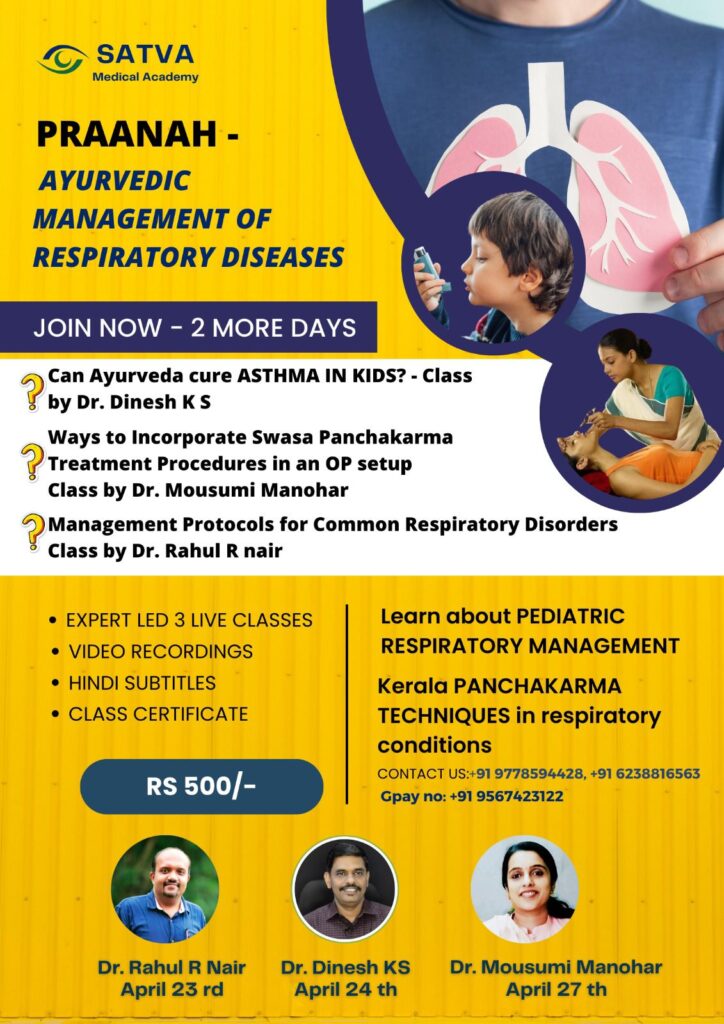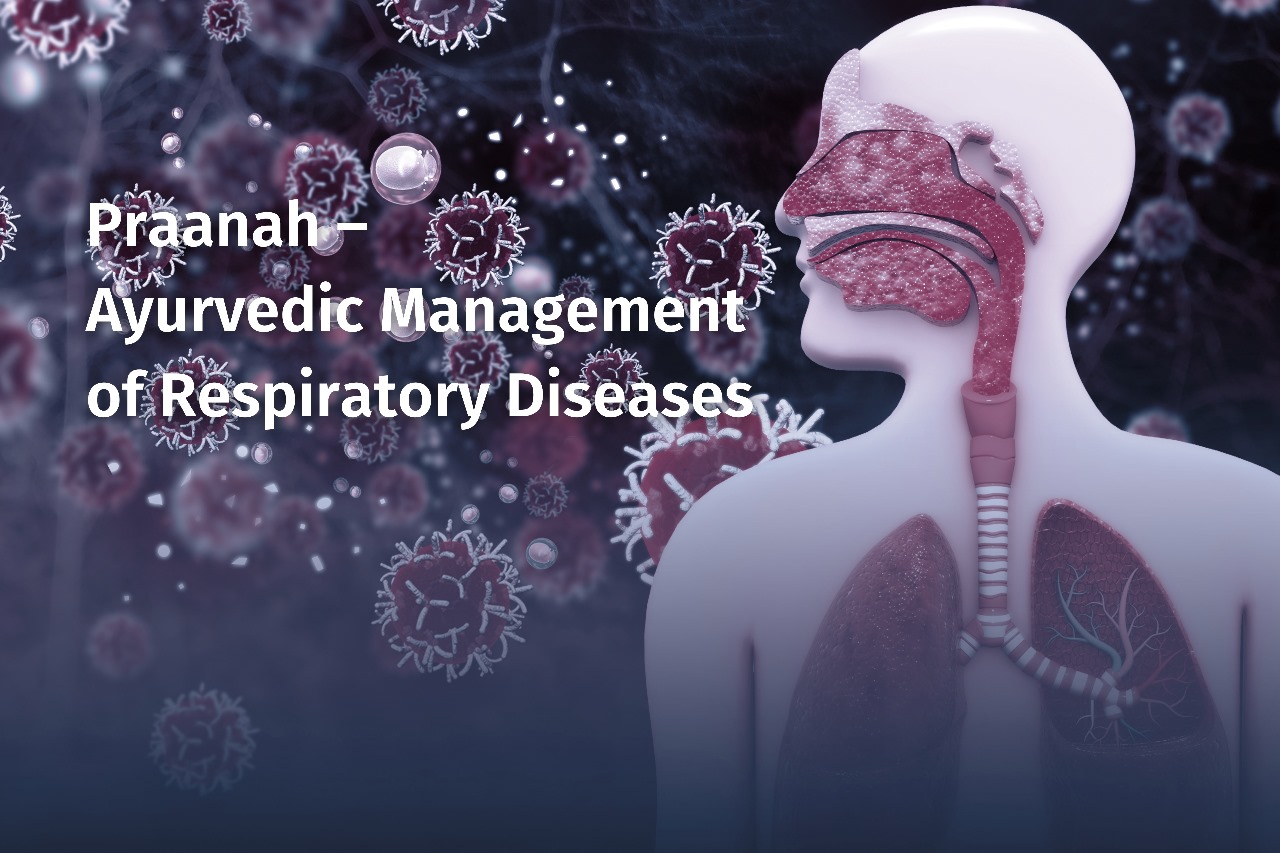
Respiratory diseases have become increasingly prevalent due to factors such as air pollution, lifestyle changes, and stress. Traditional medicine often focuses on alleviating symptoms, whereas Ayurveda, a holistic healing system that has been practiced for over 5,000 years, aims to address the root causes of these conditions. This approach not only treats the symptoms but also promotes overall well-being by restoring balance within the body.
Holistic Perspective on Respiratory Health
Ayurveda views respiratory health as interconnected with various bodily systems, including digestion, metabolism, and emotional health. The Ayurvedic framework identifies three primary doshas (Vata, Pitta, and Kapha) that govern bodily functions. Respiratory ailments are often linked to imbalances in these doshas, particularly an excess of Kapha, which can lead to conditions such as asthma, bronchitis, and allergies.
By conducting a thorough assessment of an individual’s constitution and lifestyle, Ayurvedic practitioners can tailor treatments that address specific imbalances. This comprehensive evaluation includes examining stress levels, dietary habits, and overall physical health.
Key Ayurvedic Treatments for Respiratory Disorders
- Panchakarma: This detoxification process is central to Ayurvedic treatment. It involves five therapeutic procedures designed to cleanse the body of toxins and restore doshic balance. Key methods include:
- Vamana (Therapeutic Emesis): Induces vomiting to expel excess Kapha from the body.
- Nasya (Nasal Therapy): Involves administering herbal oils through the nostrils to alleviate sinus congestion.
- Dhoomapana (Herbal Smoke Therapy): Utilizes medicated smoke to clear respiratory passages.
- Lifestyle Modifications: Ayurveda emphasizes the importance of a balanced lifestyle in managing respiratory health. Recommendations may include:
- Practicing Pranayama (breathing exercises) to enhance lung capacity and reduce stress.
- Following a diet rich in antioxidants and anti-inflammatory foods.
- Engaging in regular physical activity tailored to the individual’s capacity.
- Stress Management: Recognizing the link between mental health and respiratory conditions, Ayurveda incorporates stress-reducing techniques such as meditation and yoga. These practices enhance overall well-being and can significantly improve respiratory function.
Benefits of Ayurvedic Management
- Long-term Solutions: Unlike conventional treatments that may only mask symptoms, Ayurveda seeks to eliminate the root causes of respiratory issues, leading to sustained health improvements.
- Personalized Care: Ayurvedic treatments are customized based on individual needs, ensuring that each patient receives care tailored to their unique constitution and health status.
- Minimal Side Effects: Ayurvedic therapies primarily use natural ingredients and methods with fewer side effects compared to synthetic medications.
- Holistic Healing: By addressing not just physical symptoms but also emotional and psychological aspects of health, Ayurveda promotes comprehensive healing.
In conclusion, the Ayurvedic management of respiratory diseases offers a valuable alternative or complement to conventional treatments. By focusing on detoxification, herbal remedies, lifestyle changes, and stress management, Ayurveda provides a holistic approach that enhances respiratory health while fostering overall well-being. As awareness of these benefits grows, more individuals may turn to Ayurveda for effective management of their respiratory conditions.



